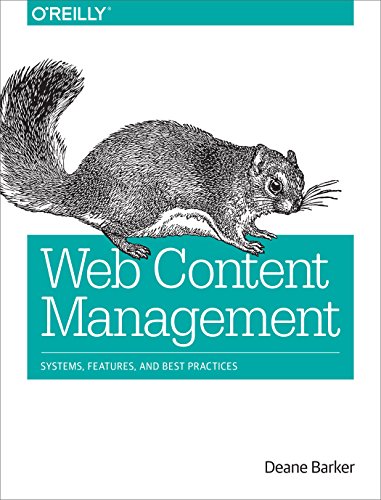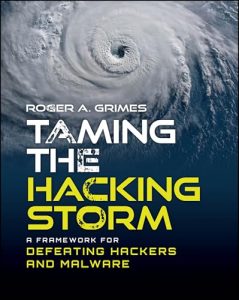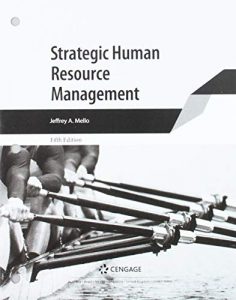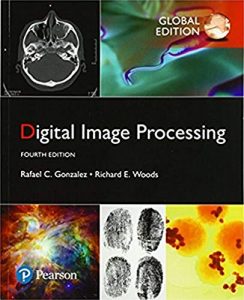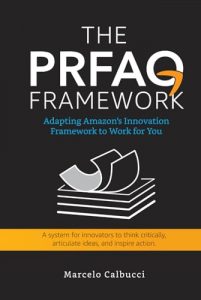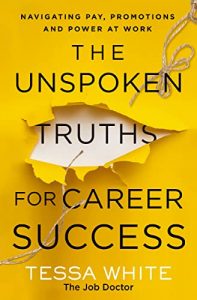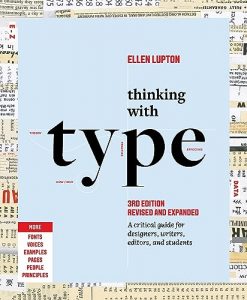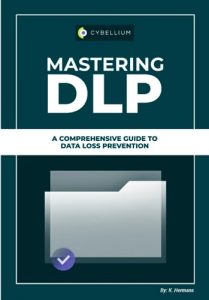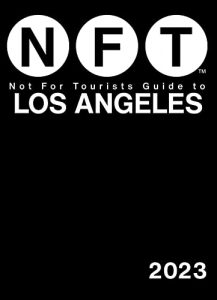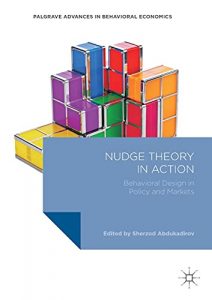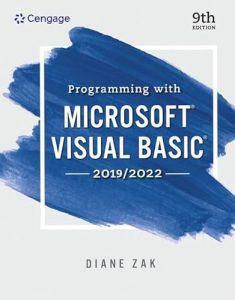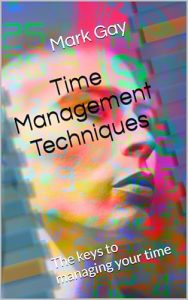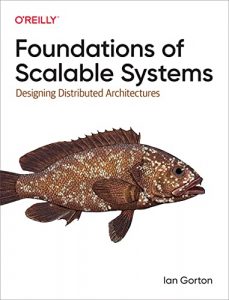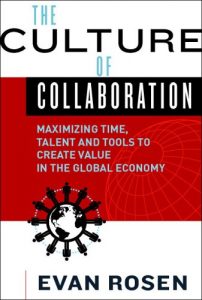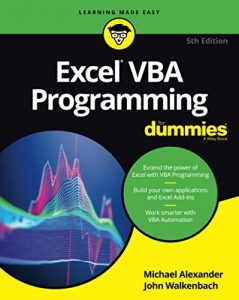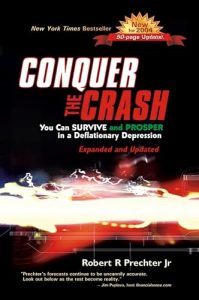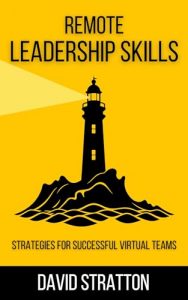1. Web Content Management: Systems, Features, and Best Practices
By Deane Barker, this book is an essential read for anyone involved in web content management. It delves into the important systems and features that affect how we handle digital content today. The insights provide industry best practices illustrated with real-world examples, making it approachable for both seasoned professionals and newcomers. Whether you’re looking to refine your current knowledge or exploring this field, Barker’s work serves as a comprehensive guide to navigating the complexities of web content management.

2. Metadata for Content Management
In this insightful book, David Diamond emphasizes the importance of taxonomy and metadata in making digital content systems more user-friendly. With a thorough exploration of crafting effective policies and workflows, the book is critic and informative for those looking to enhance the management of their digital assets. It’s a must-read for anyone aiming to elevate their content strategies and improve user experience, making this text foundational for digital content managers.

3. Content Strategy for the Web, 2nd Edition
This book by Kristina Halvorson and Melissa Rach is a cornerstone in understanding content strategy in web development. Building on the foundations of good content creation and management, this updated edition offers advanced techniques and insights into practical applications. It’s crucial for anyone looking to understand how strategic content impacts user engagement and brand success, making this an invaluable resource in your library.

4. Professional Content Management Systems: Handling Digital Media Assets
Andreas Mauthe and Peter Thomas provide an in-depth look at professional content management systems in this comprehensive guide. Covering the complexities of managing digital media assets, it’s particularly beneficial for organizations that deal with large volumes of content. This book details industry-standard practices and offers insights into optimizing workflows, making it a critical resource for both newcomers and experienced professionals alike.

5. Content Strategy Toolkit
Meghan Casey’s “Content Strategy Toolkit” is a must-have for professionals wanting to implement effective content strategies. This resource-rich toolkit comes loaded with methods and guidelines that facilitate the content creation process, ensuring high-quality outputs. Perfect for both teams and individuals, it breaks down complex processes into user-friendly templates, pushing your content initiatives to a strategic upper tier.

6. Content Audits and Inventories: A Handbook for Content Analysis
This recent edition by Paula Ladenburg Land is crucial for anyone undertaking the content auditing process. It guides readers through the essentials of analyzing content effectiveness and inventory management, tailoring your strategy towards better engagement and usability. Ideal for managers and content strategists, this handbook provides practical tools to ensure your content arsenal is effective and ready for the digital landscape.

7. Content Everywhere: Strategy and Structure for Future-Ready Content
Sara Wachter-Boettcher discusses the future of content in this transformative guide. Covering strategy and structure necessary for modern content environments, the book pushes for adaptability and forward-thinking in content management practices. For anyone looking to stay ahead in digital trends, this responsive approach to content is essential for maintaining relevance in an ever-evolving market.

8. Designing Connected Content
Designed by Carrie Hane and Mike Atherton, this work focuses on planning digital products with a connected approach. It’s about creating cohesive narratives through content that resonates with audiences. As businesses increasingly shift towards interconnected platforms, this book positions itself as a vital resource for anyone involved in digital product strategy, ensuring success through design thinking and connected content architecture.

9. Digital Asset Management
Elizabeth Keathley’s book unravels the complexities of digital asset management, emphasizing the importance of creating order from chaos in media content. This text is ideal for content managers and teams looking to streamline their processes and build effective architectures for their assets. It serves as a comprehensive guide on how to manage, strategize, and structure digital content in today’s chaotic media environment.

10. Content Management Bible (2nd Edition)
Bob Boiko’s “Content Management Bible” is a definitive guide that covers everything from the basics of content management systems to advanced strategies for utilizing content effectively. This book is particularly praised for its depth and breadth, appealing to both beginners and advanced practitioners. It is an essential reference that will equip you with the knowledge and tools needed to navigate the content management landscape successfully.


